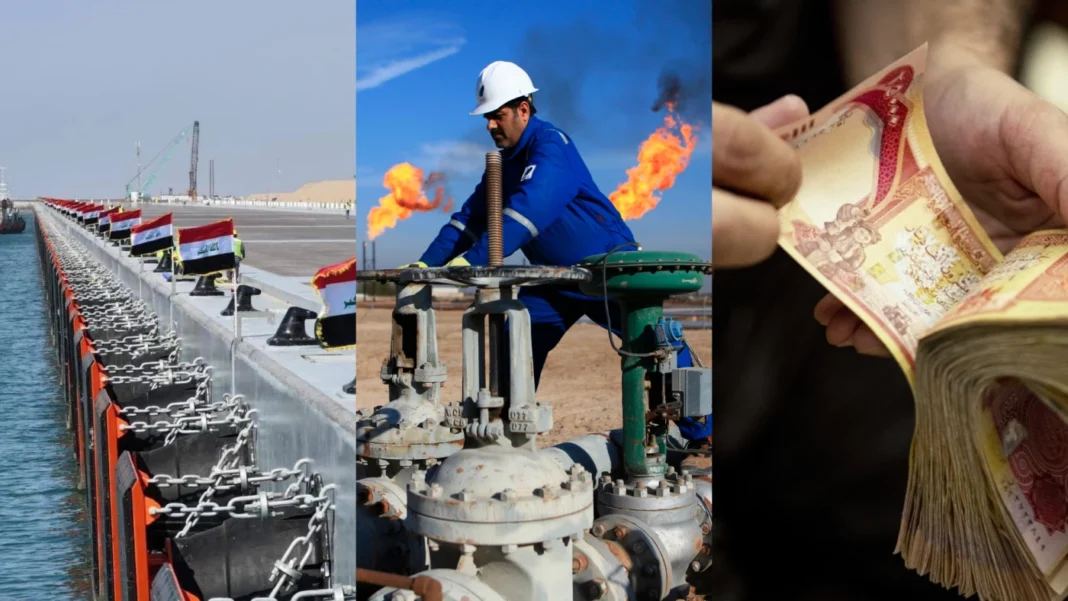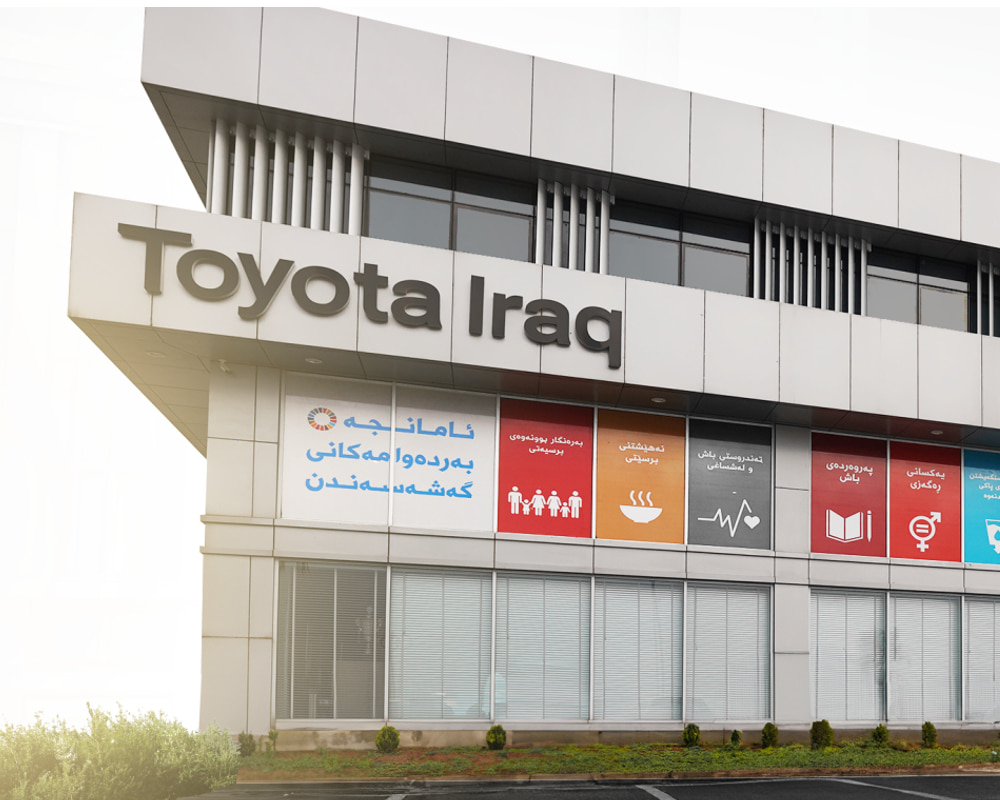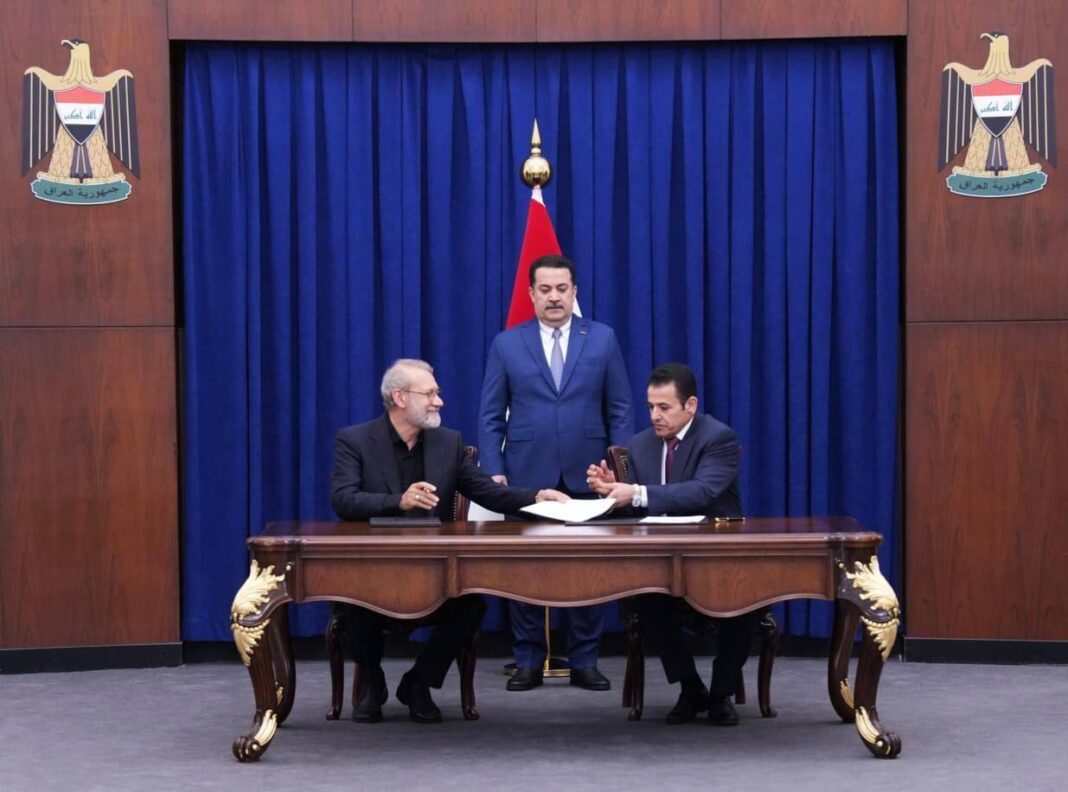The Ministry of Finance in Baghdad linked Kurdistan Region’s June salary payments to the delivery of oil.However, oil companies have not yet reached a final agreement.
On August 10, during the Iraqi Council of Ministers meeting, officials discussed the Kurdistan Region’s salary payments but did not reach a solution. Salaries remain pending.
A senior source from the Iraqi Council of Ministers told Rudaw that the meeting lasted over two hours. The salary issue was discussed extensively. They hope this will open the door to resolving the ongoing challenges.
Two informed sources in Baghdad and Kurdistan said the main obstacle to salary payments is oil delivery. Iraq awaits oil delivery because, although the Kurdistan Region decided on July 30 to deliver oil, it has not supplied any yet. Therefore, Iraq awaits oil delivery to proceed with salary payments.
The oil produced in the Kurdistan Region has not been delivered through the Turkish port of Ceyhan so far.
The Iraqi Council of Ministers decided that Erbil and Baghdad must deliver 230,000 barrels of oil to SOMO. They should also release 50,000 barrels for local use within the Kurdistan Region.
On August 6, Iraqi Oil Minister Hayyan Abdulghani said in Kirkuk that daily production in Kurdistan reached about 130,000 barrels. Daily local consumption stands at 50,000 barrels. They agreed to receive the remaining 80,000 barrels through the Turkish port of Ceyhan.
Rudaw sources in Baghdad said the Ministry of Finance waits for notification from the Ministry of Oil confirming the delivery of Kurdistan’s oil. This will allow the government to decide on June salary payments.
According to ongoing talks between Erbil and Baghdad, the 50,000 barrels for local use should be under Kurdistan’s financial control. The federal government measures and taxes all delivered oil at $16 per barrel until an official audit report confirms the exact amount.
Rudaw obtained information that differences remain between oil companies and the Kurdistan government regarding the $16 tax. The companies debate whether the tax is justified or should vary based on the quality of the region’s oil.
Another dispute concerns the transportation fee for the oil barrels. Some oil fields are 200 to 300 kilometers away from the loading port, forcing some shipments to move by tanker trucks.
The future contracts and methods to determine the tax amount for oil produced by companies are still under negotiation



